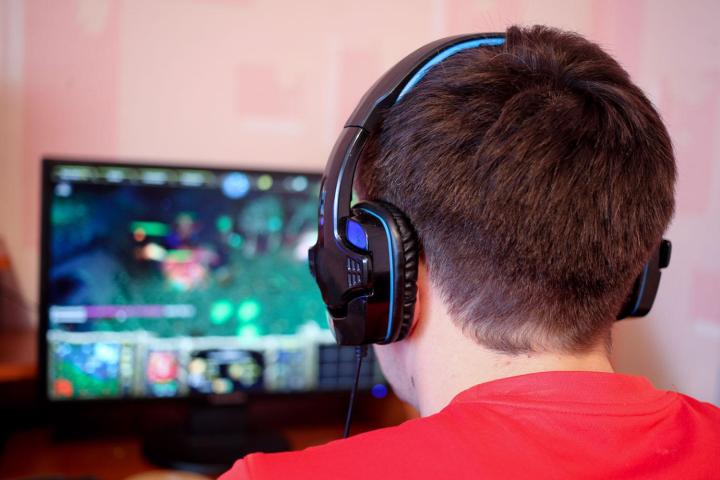
Evan Mills, co-author of “Taming the energy use of gaming computers,” published in the journal Energy Efficiency, analyzed the aggregate global energy use of gaming PCs, based on industry benchmarking tools and found that PC gamers consume billions of dollars in electricity costs every year.
Gaming PCs only represent 2.5 percent of the world’s PCs, but make up 20 percent of PC energy use. That can cost a gamer hundreds of dollars a year to run their computer (depending on local energy prices). Mills claims that gamers can reduce their electricity bill and reduce global costs by $18 billion by 2020 by making a couple of changes to their settings and opting for greener components without sacrificing any quality or reliability.
“Your average gaming computer is like three refrigerators,” says Mills, who was spurred to investigate gaming’s energy costs when his son and co-author Nathaniel began building his own rig and found a lack of clear labeling on energy use.
Evan and Nathaniel built five gaming computers, each with more efficient component configurations to measure their energy use. They claimed they were able to achieve a 50 percent reduction in energy use without sacrificing performance. Further changes to operational settings on certain components led to further reductions, the study adds.
“When we use a computer to look at our email or tend our Facebook pages, the processor isn’t working hard at all,” says Mills. “But when you’re gaming, the processor is screaming. Plus, the power draw at that peak load is much higher and the amount of time spent in that mode is much greater than on a standard PC.”
The father and son have launched the website GreeningTheBeast.org to provide information on energy efficient components.
According to the research, there is little information out there for gamers to make the best energy-efficient choices when they are buying or upgrading their systems. They recommend better product labeling, utility rebates, and minimum efficiency standards.



